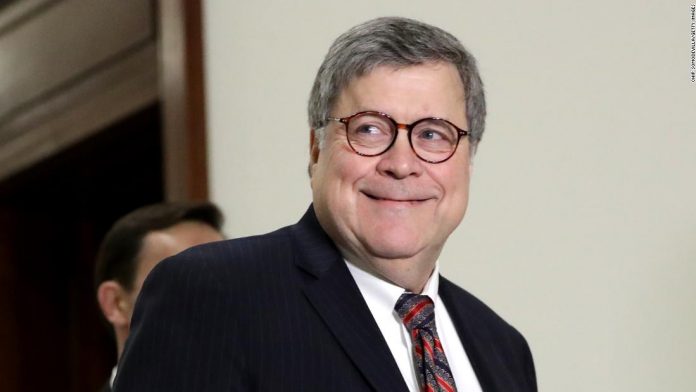WASHINGTON ― William Barr, President Donald Trump chosen one for lawyer general, raised questions on Tuesday that he would discharge to people, in general, the entire last report by the unique advice group driven by Robert Mueller.
Barr, trying to console individuals from the Senate Judiciary Committee on Tuesday about his capacity to regulate the test into Russian endeavors to skew the 2016 presidential race, called Mueller a “straight shooter” and said he didn’t trust the exceptional guidance was supervising a “witch chase” ― as Trump has over and again marked the examination.
In any case, Barr, affirming at his affirmation hearing, said that under his translation of the extraordinary insight directions, he didn’t trust that Mueller’s last provide details regarding his examination was required to be made open. He said he trusted Mueller’s last report would be “classified,” yet that as lawyer general he would issue an open synopsis of its discoveries.
He said he trusted that the lawyer general had some “adaptability and watchfulness” about what he could uncover to people in general after the Mueller examination finished up.

He said that he struggled to imagine a scenario in which Mueller, a longtime friend, would take an action that would lead Barr to believe he had to fire him.
“There hasn’t been a special counsel removed since Archibald Cox,” Barr said, referring to President Richard Nixon’s firing of the special prosecutor investigating the Watergate scandal. “And that didn’t work out.”
It remains unclear when Mueller will issue a final report, but indications are that his investigation will be wrapping up in the coming months. Deputy Attorney General Rod Rosenstein is expected to depart the Justice Department after Barr’s anticipated confirmation, and as attorney general, he would oversee the investigation unless he recused himself.
Barr would not commit to following the recommendations of career ethics officials about whether he might need to recuse himself but said he would consult with the officials.
The man Barr would replace as head of the Justice Department, Jeff Sessions, quickly recused himself from overseeing the Russia probe because he played a direct role in helping Trump’s presidential campaign. But Sessions’ recusal ― approved by ethics watchdogs ― caused Trump to continually berate him and played a major role in his departure from the administration.
Barr’s confirmation, with Republicans in control of the Senate, appears a foregone conclusion. His Tuesday comments also may have eased some of the concerns Democratic senators have raised about him serving as attorney general. But several commentators said they did not think his commitments concerning the Russia probe went far enough.
Nan Aron, the president of the Alliance for Justice, said Barr “did nothing today to allay fears that he would be an attorney general who would enable President Trump to continue his abuse of executive authority.”
Kevin McAlister of Law Works said Barr “left himself too much wiggle room to allow him to decline to release the special counsel’s full findings to Congress and the American people for everyone to read.”
Barr, 68, told senators he was hesitant to take the attorney general’s job and that he had been looking forward to spending time with his family after a long legal career. But he said he ultimately decided to take the position out of a sense of duty.
He served as attorney general during the latter part of President George H.W. Buh’s administration.


















